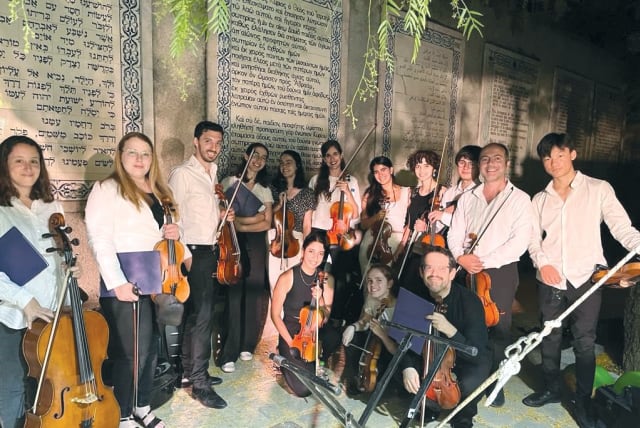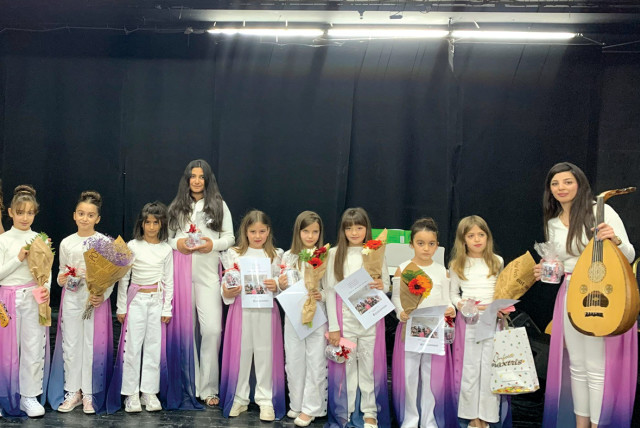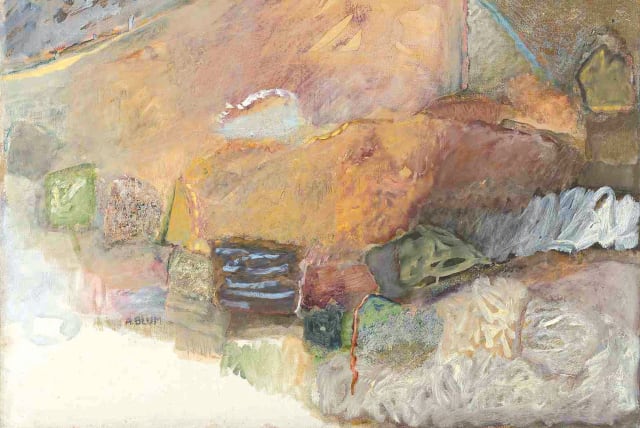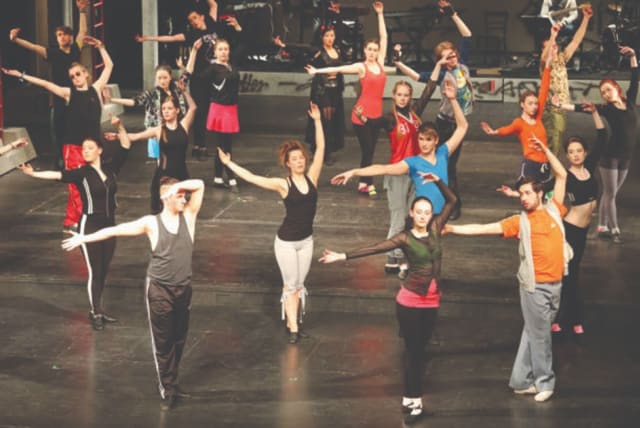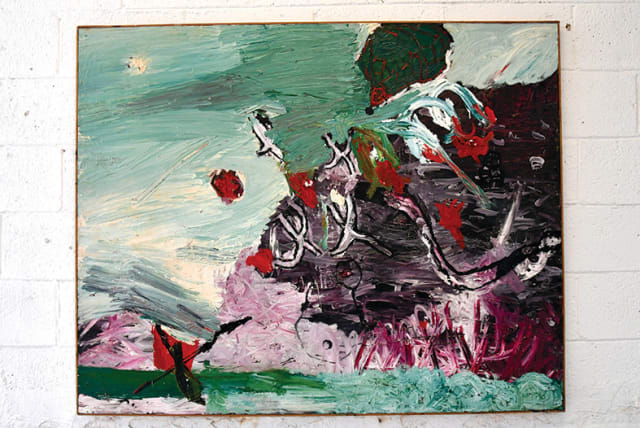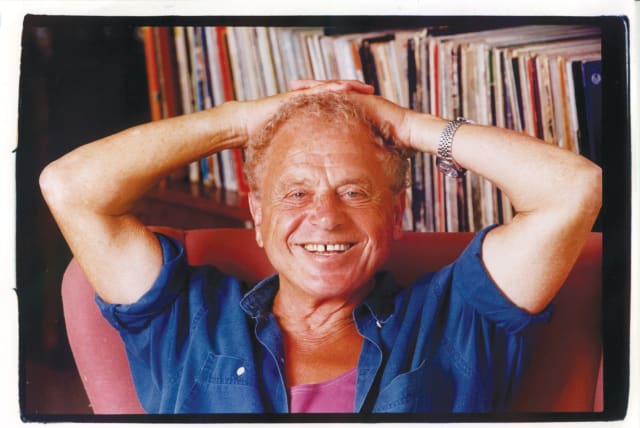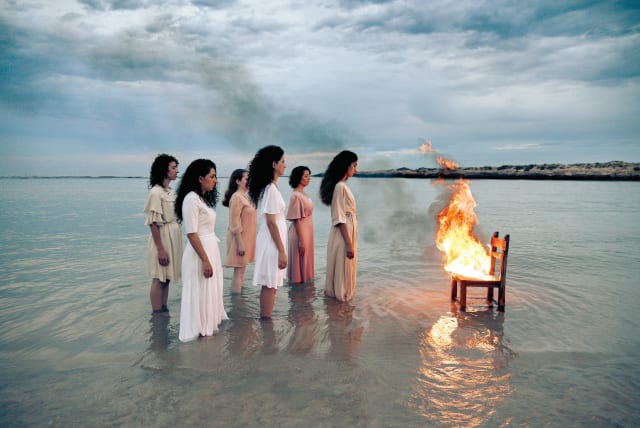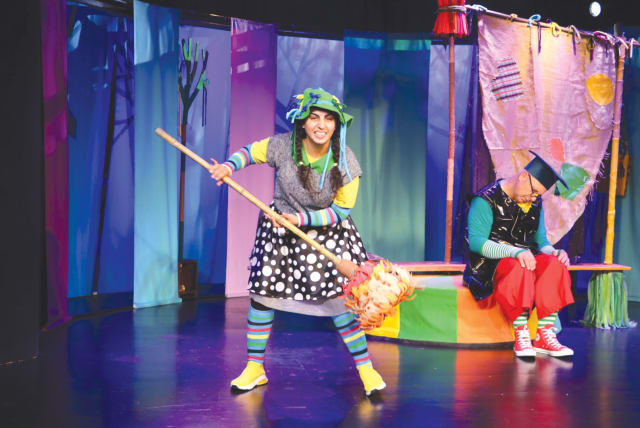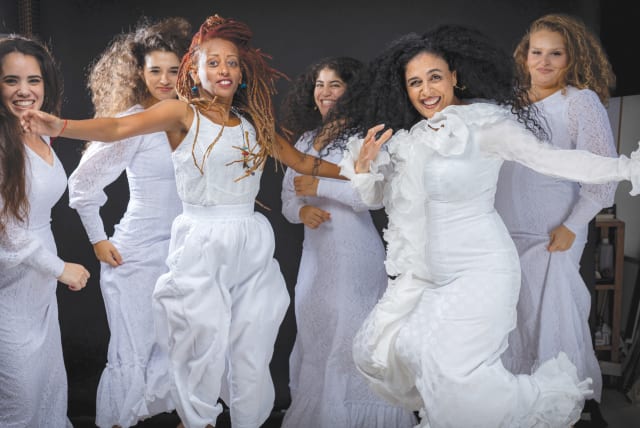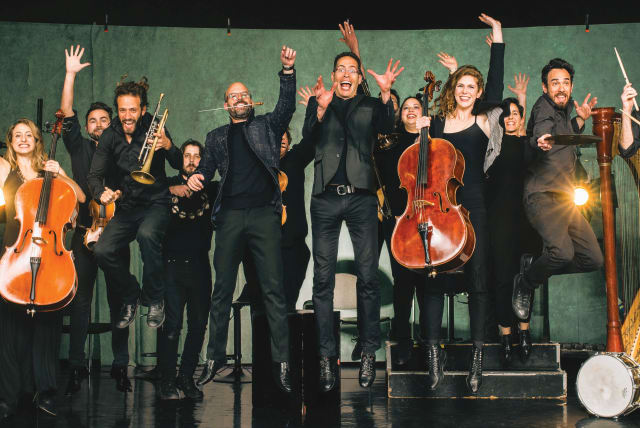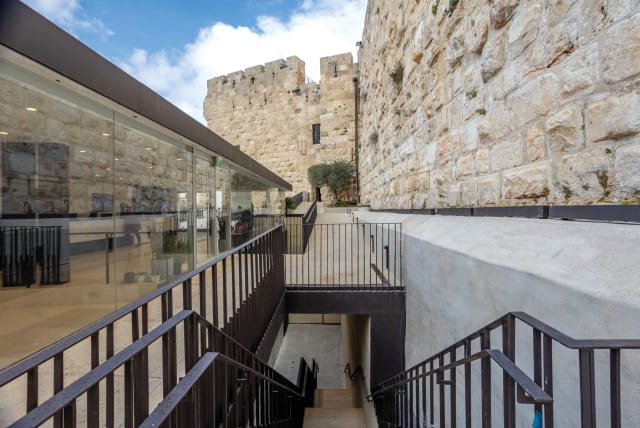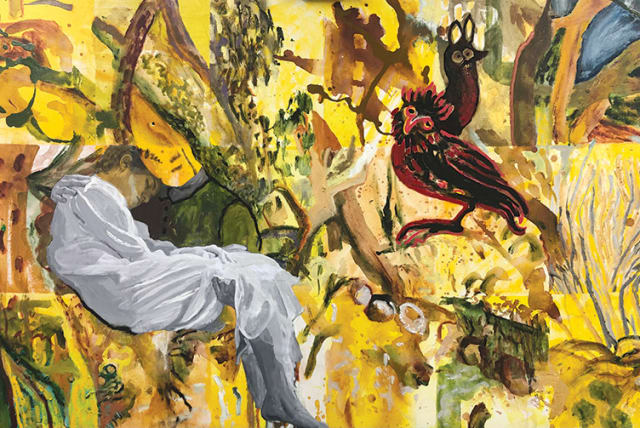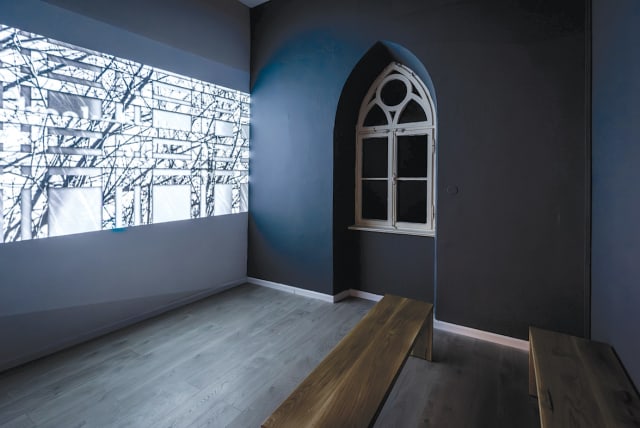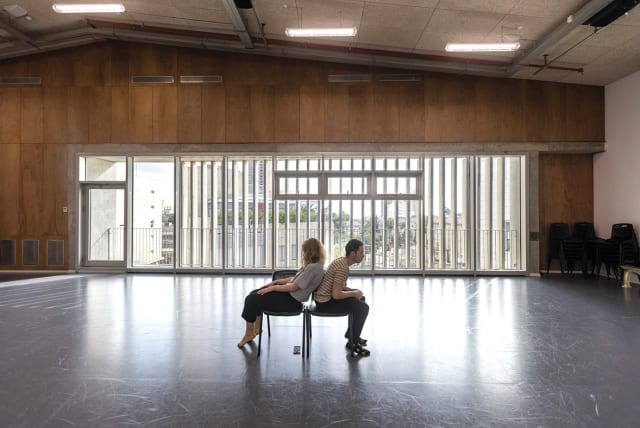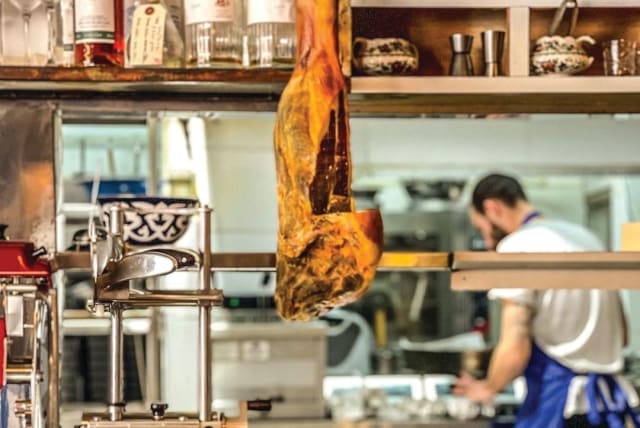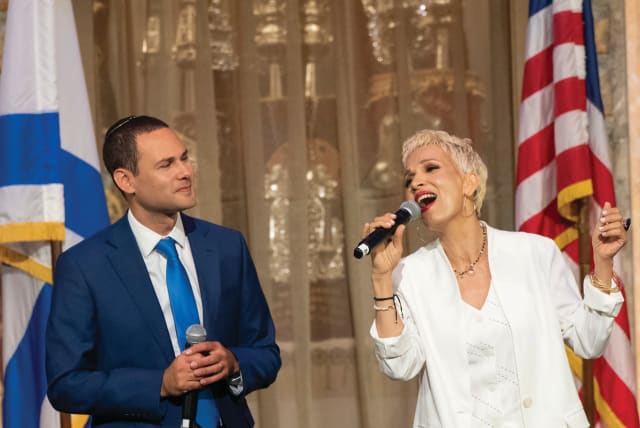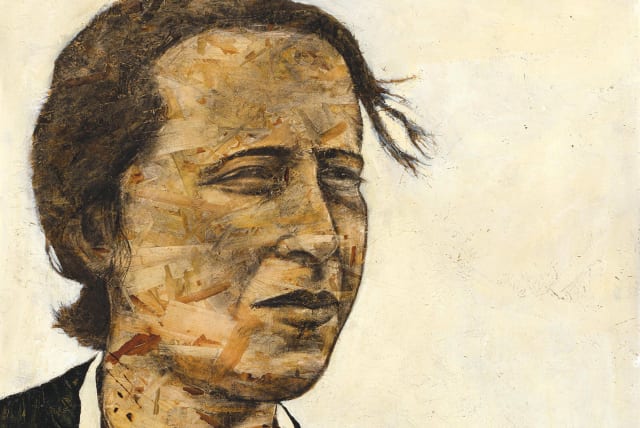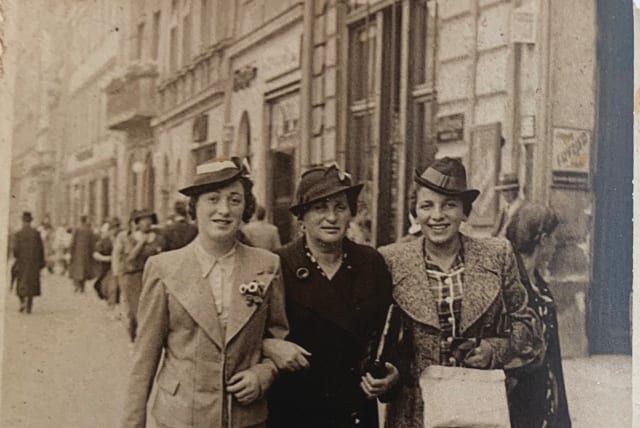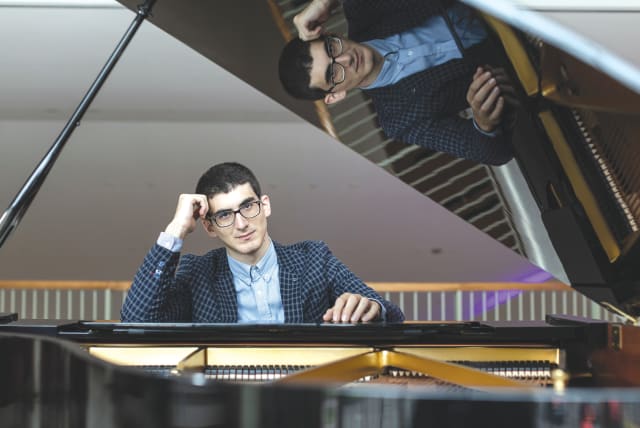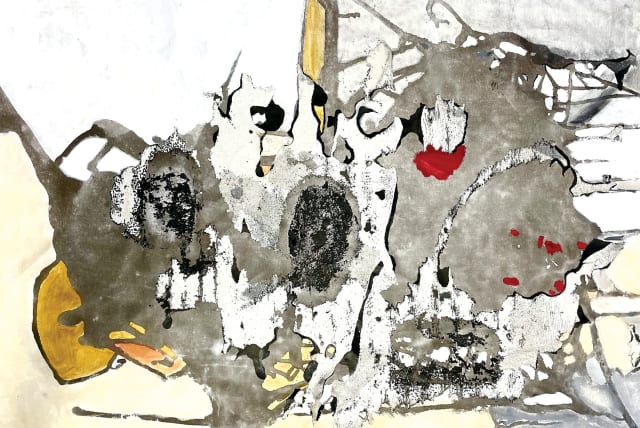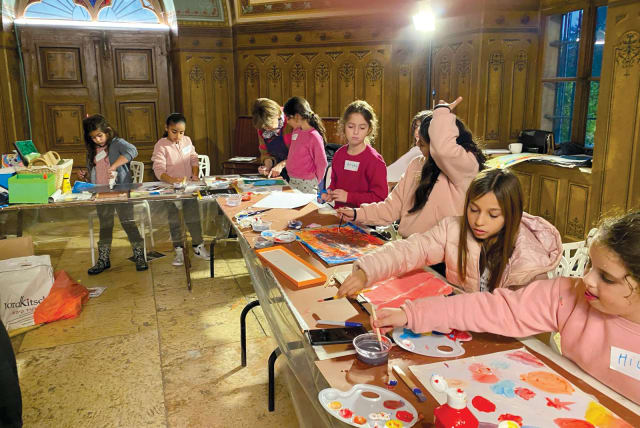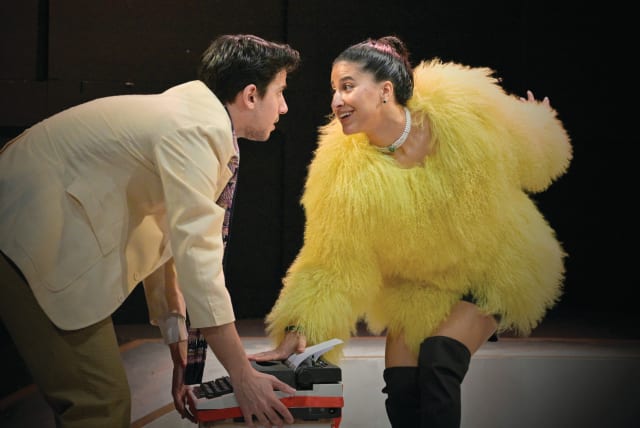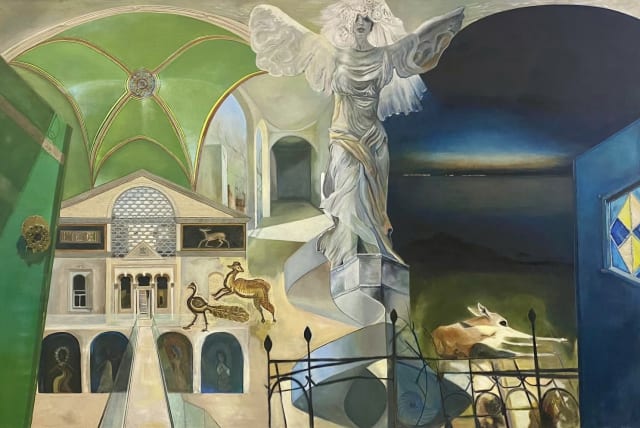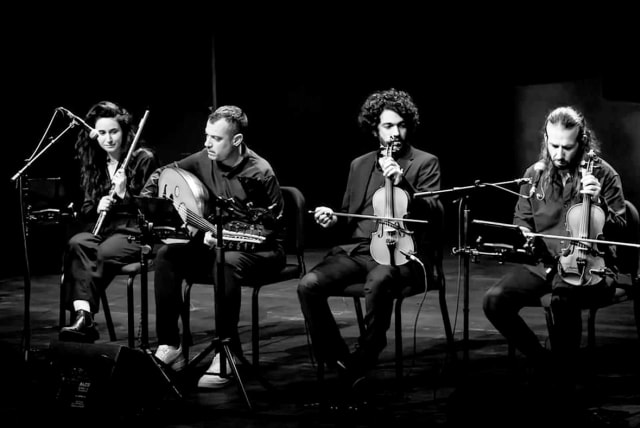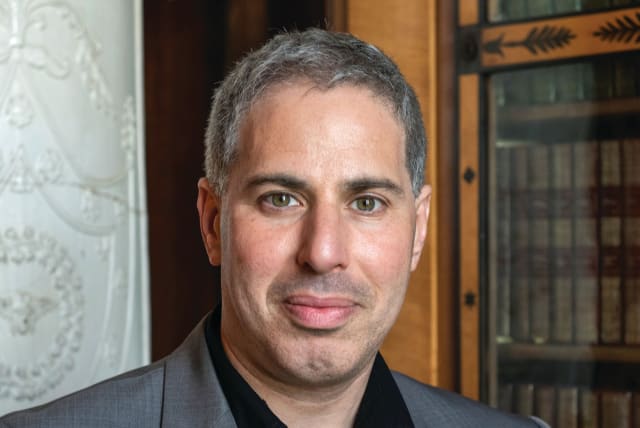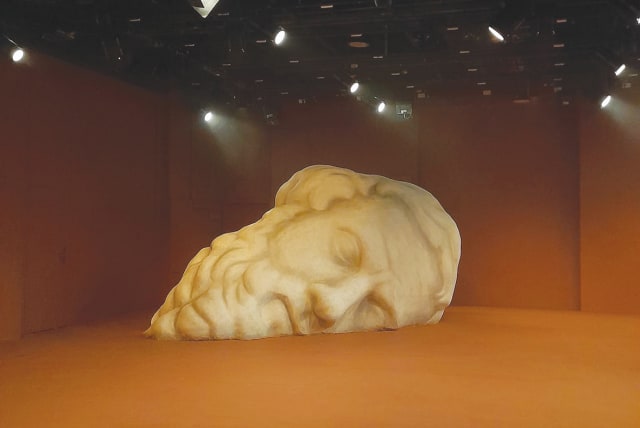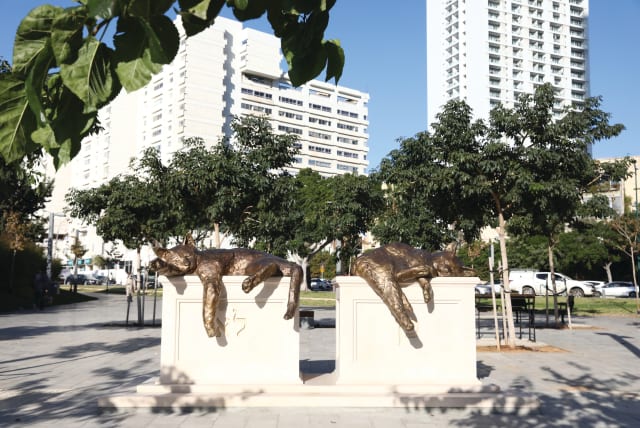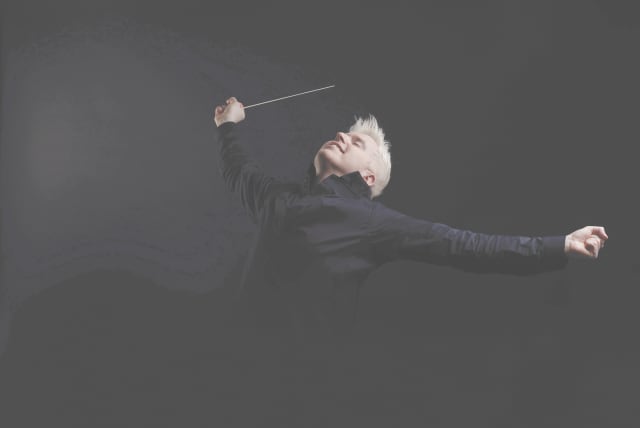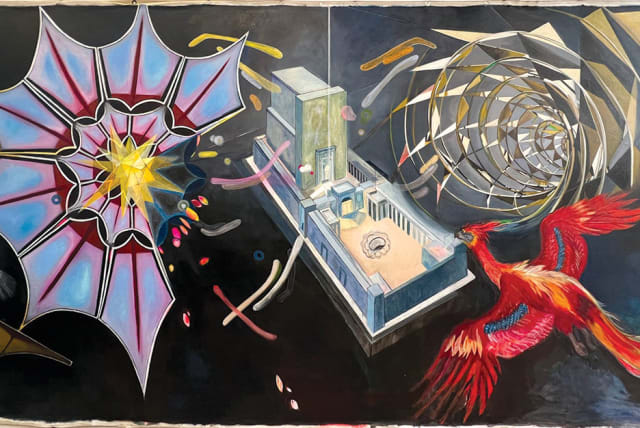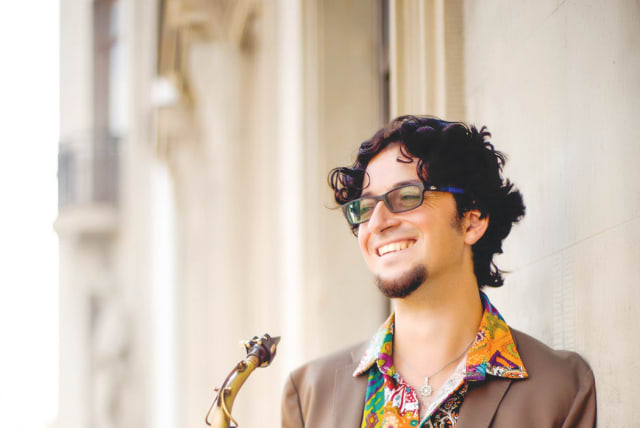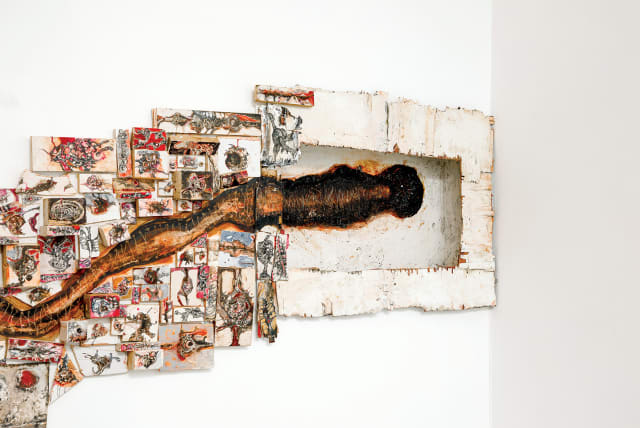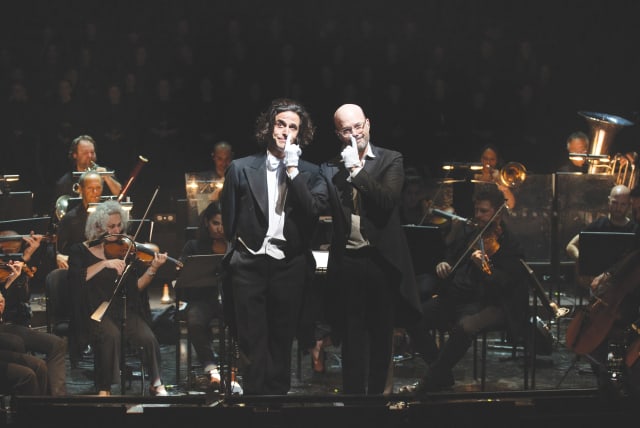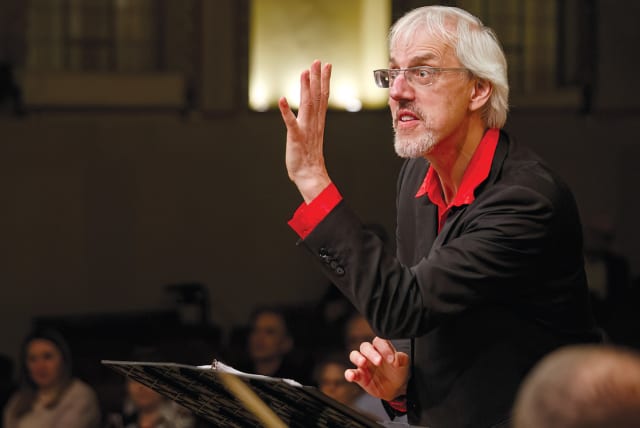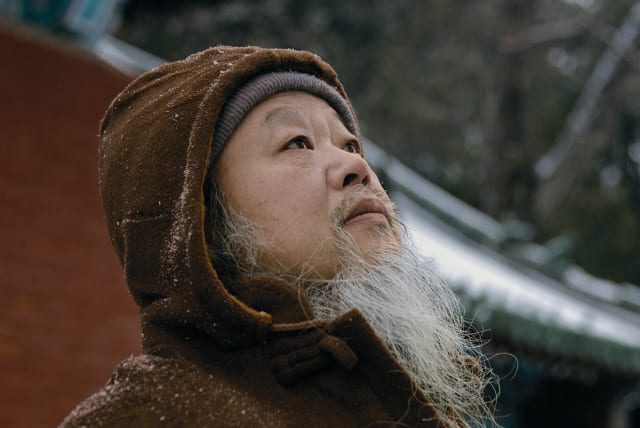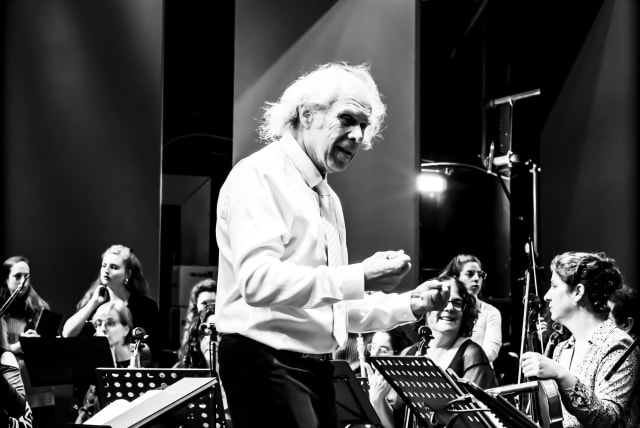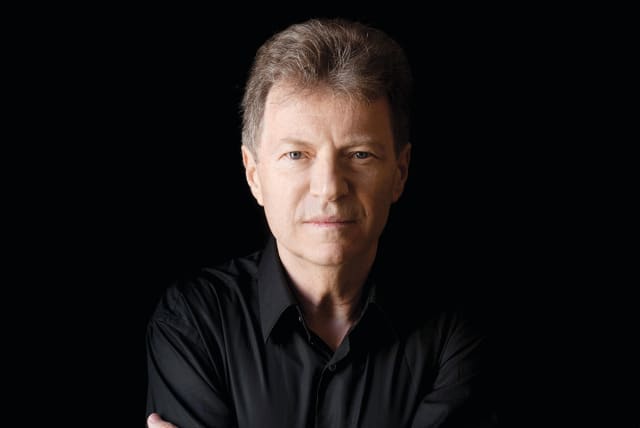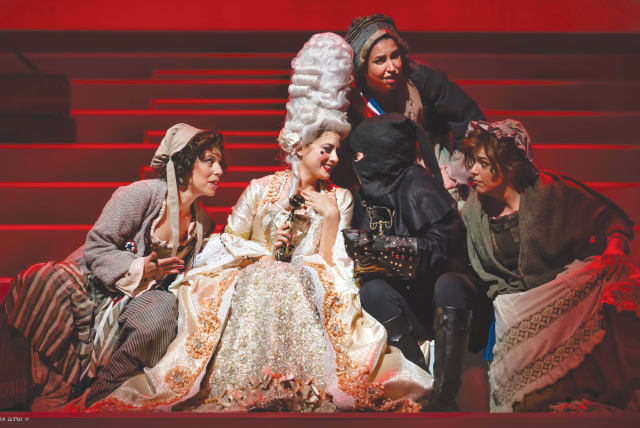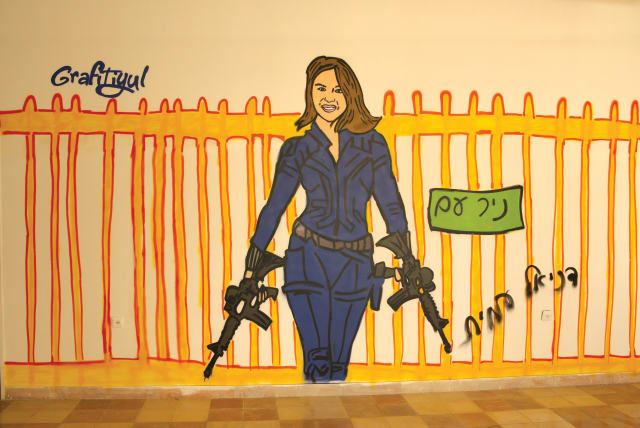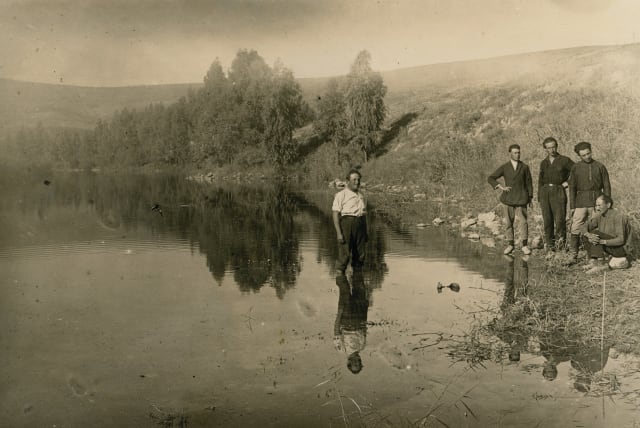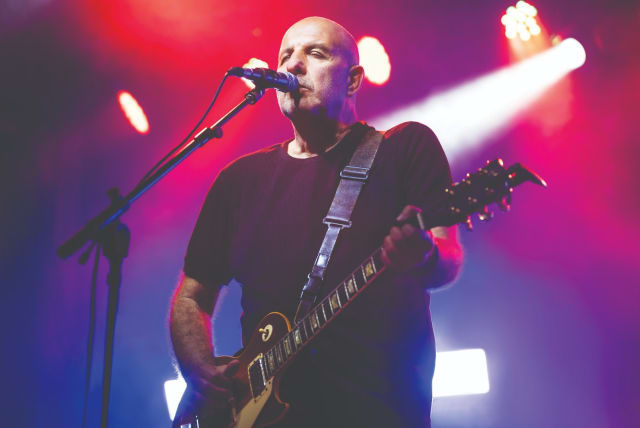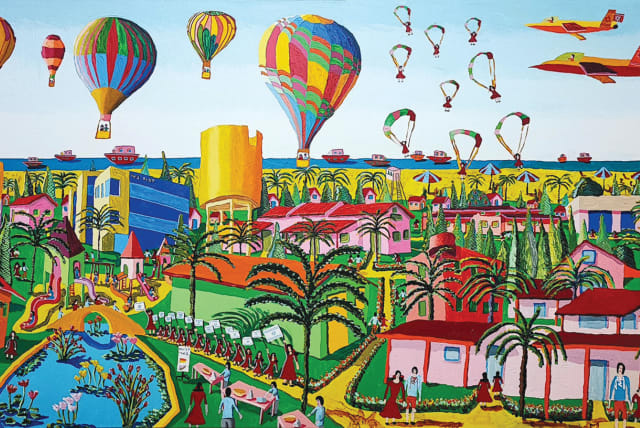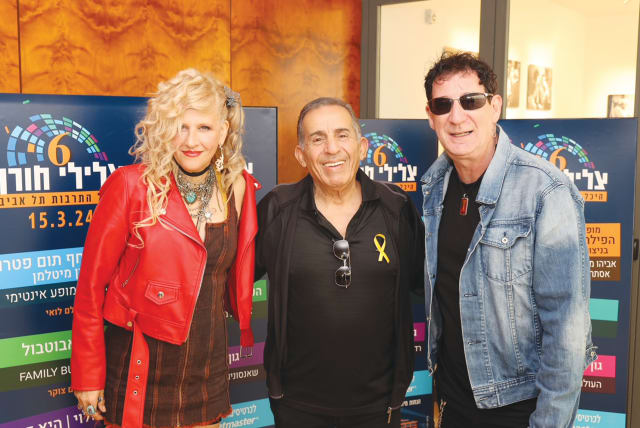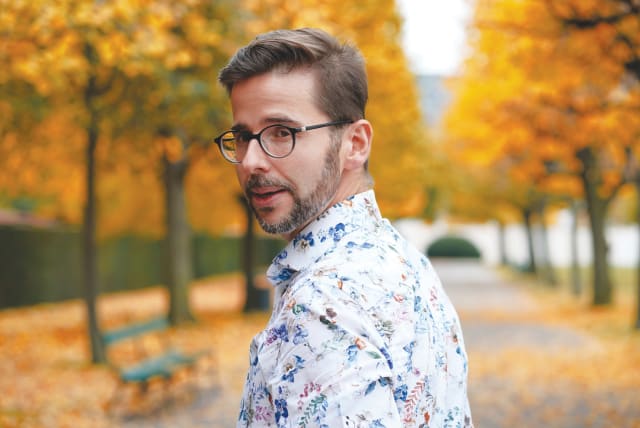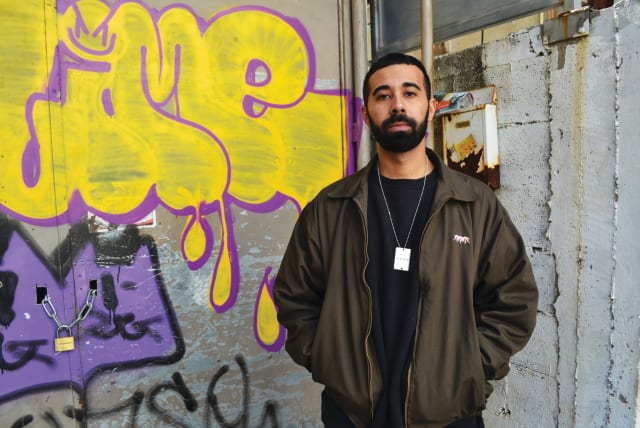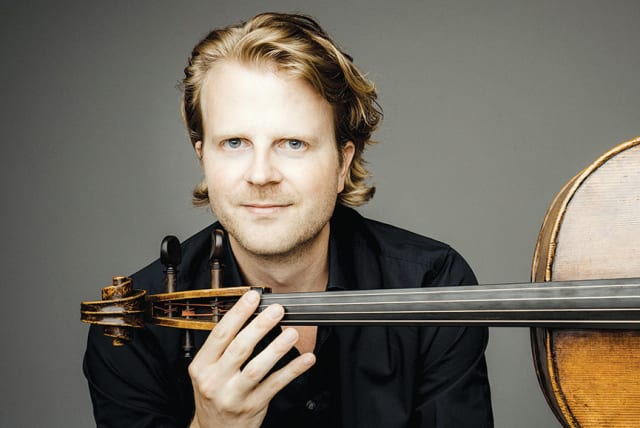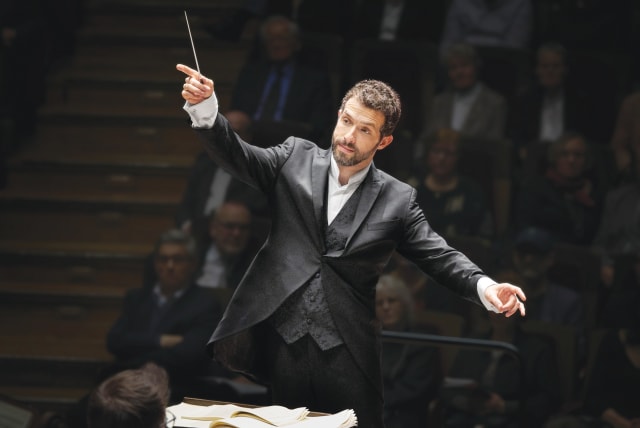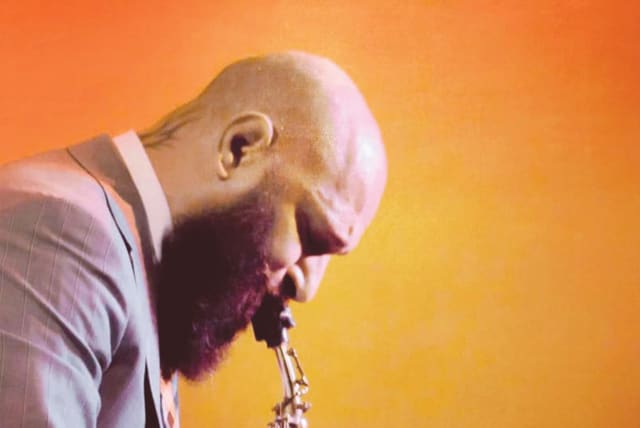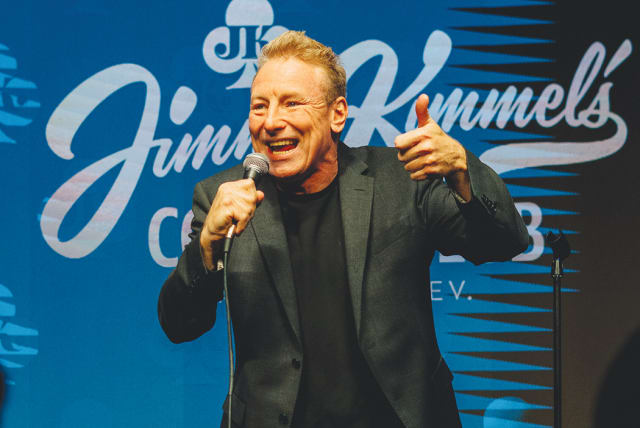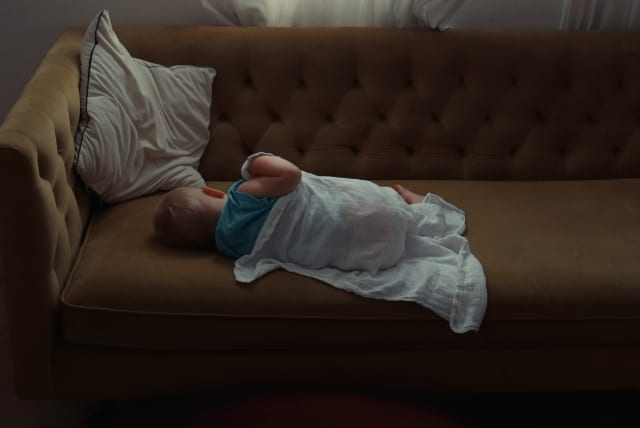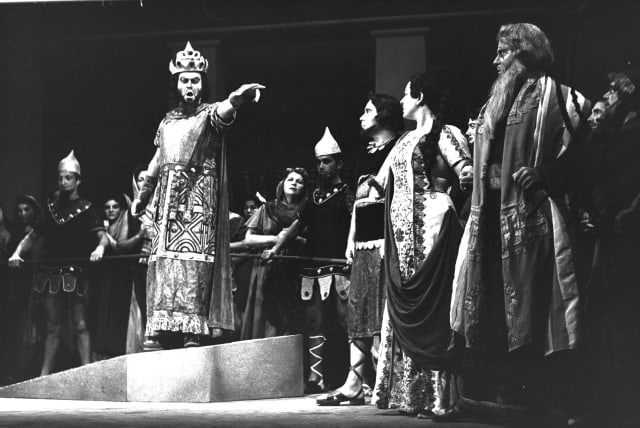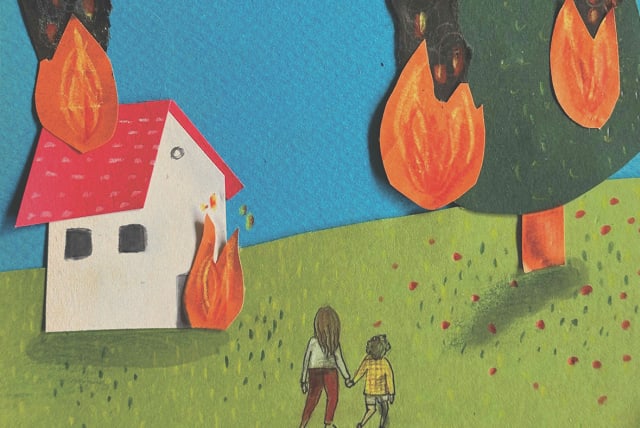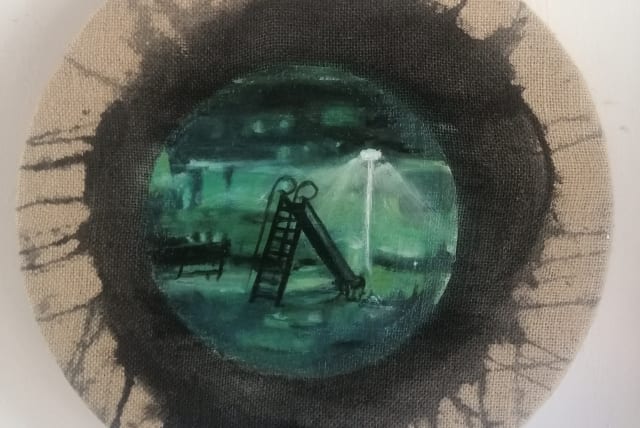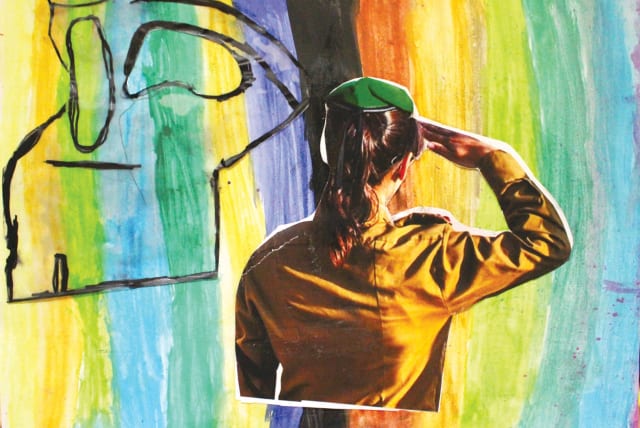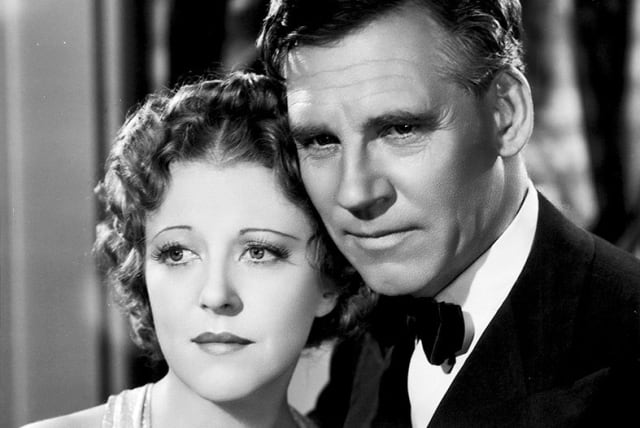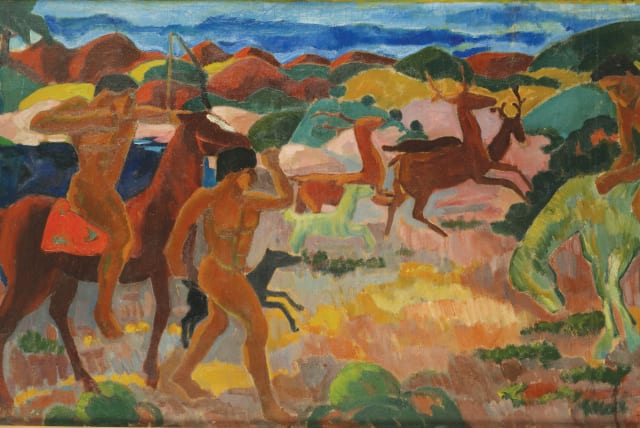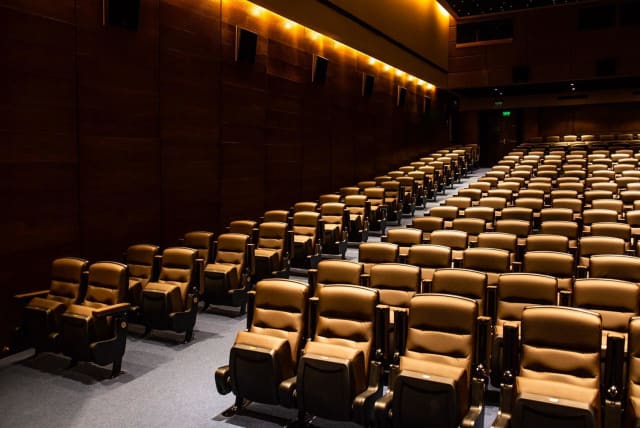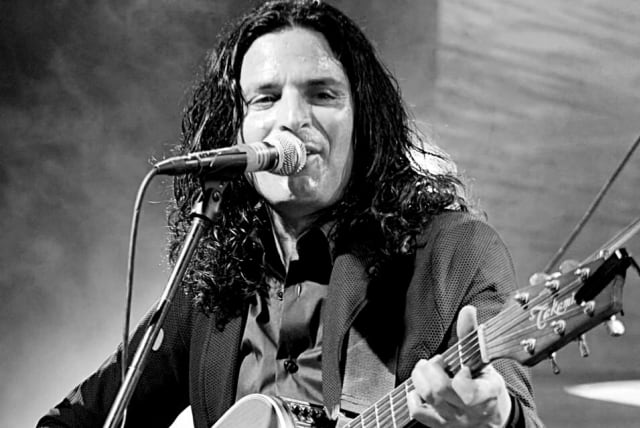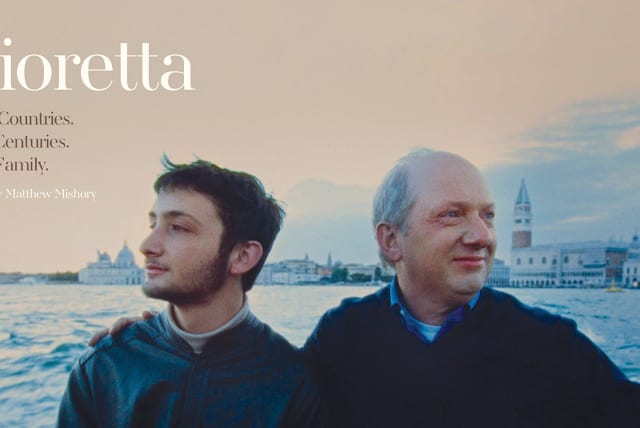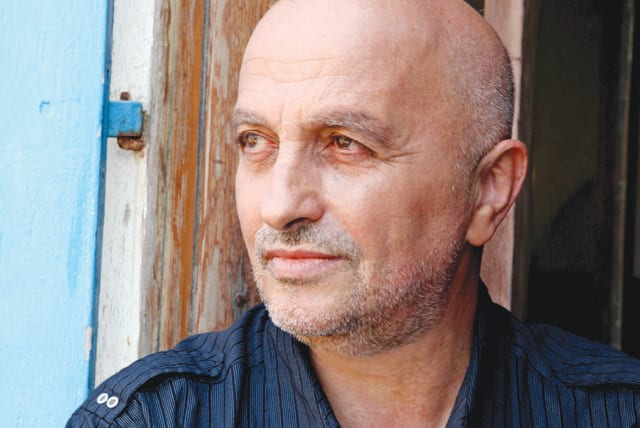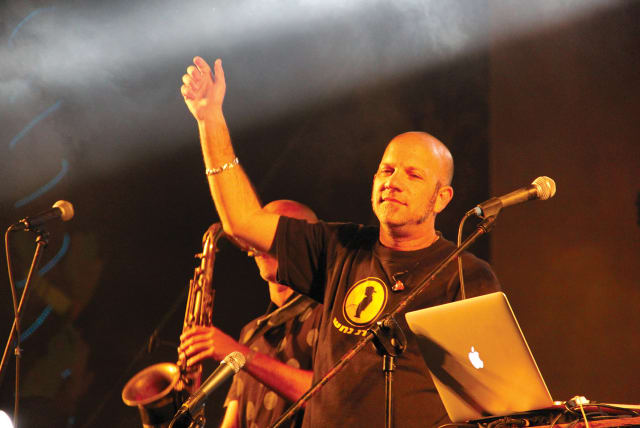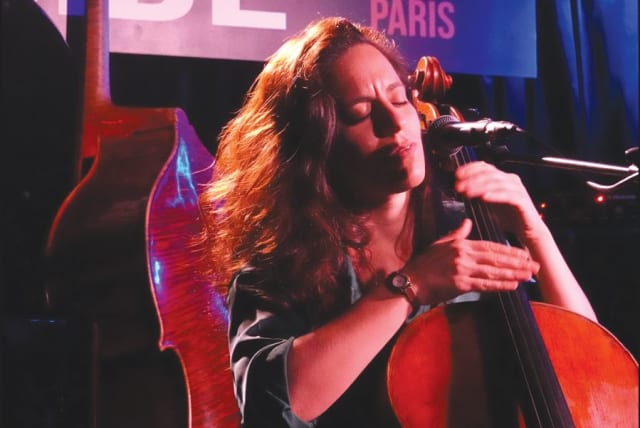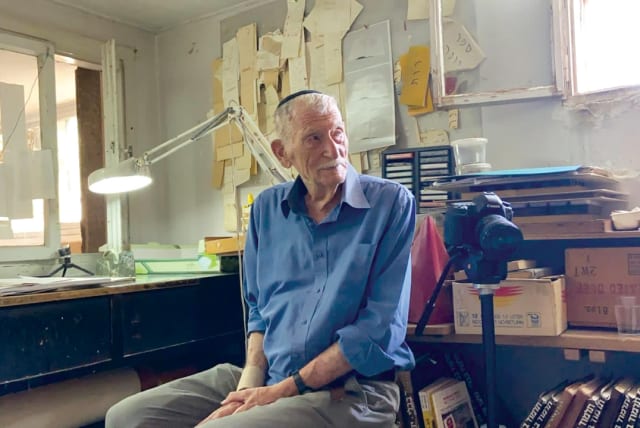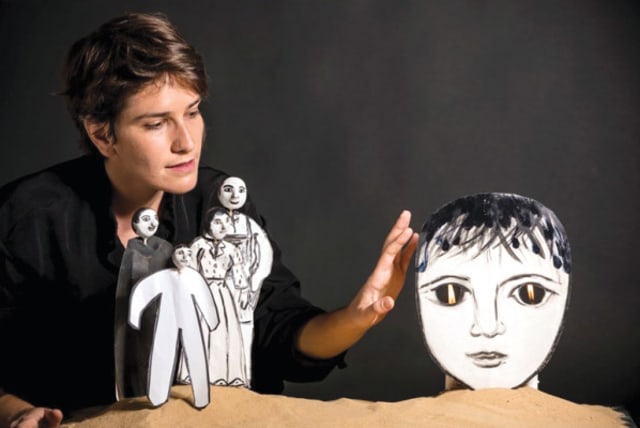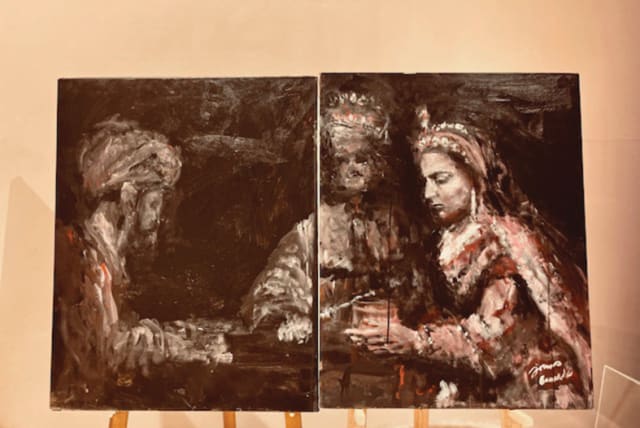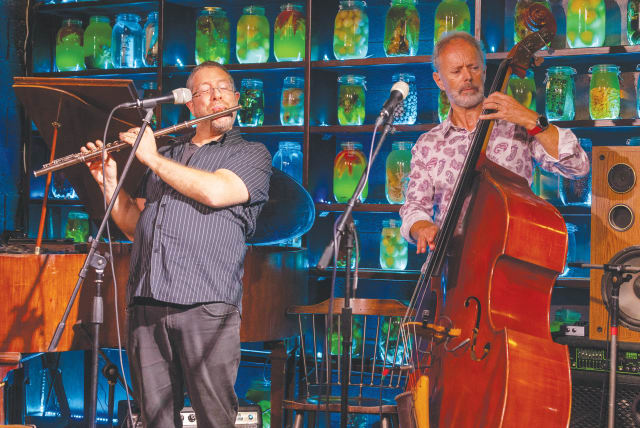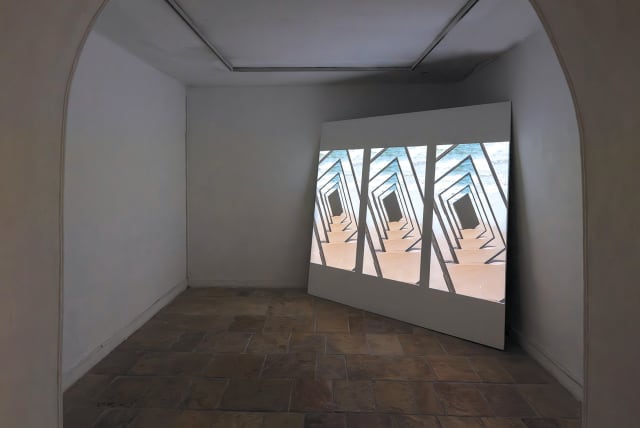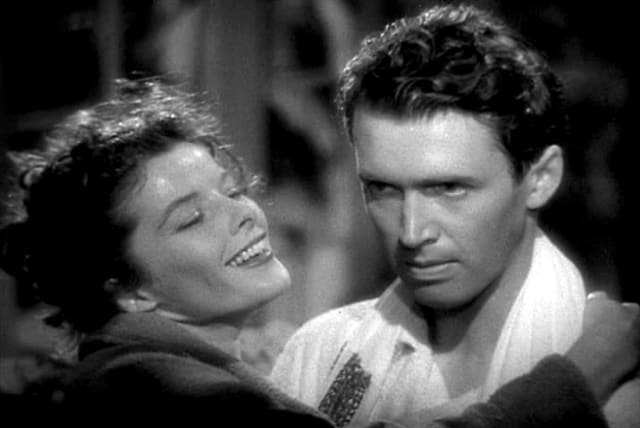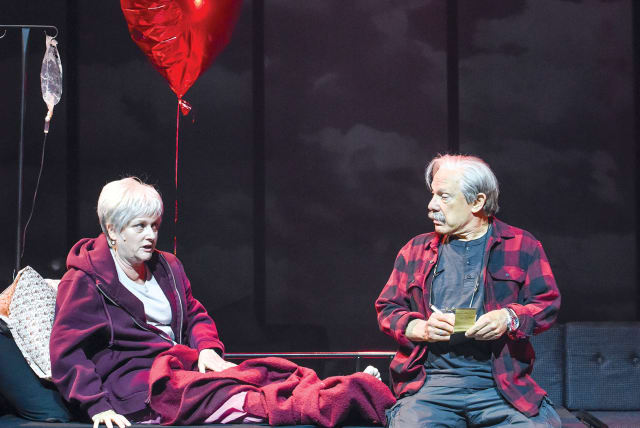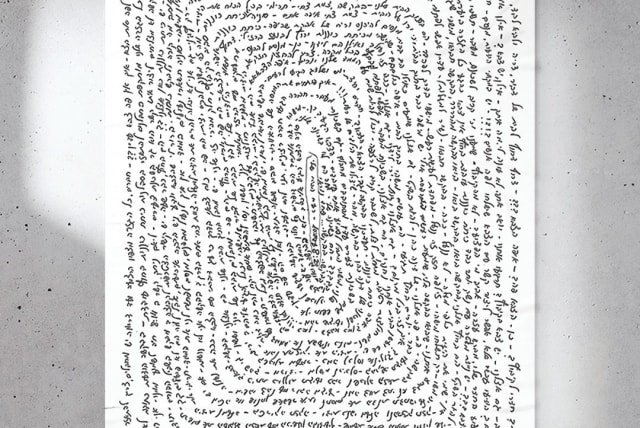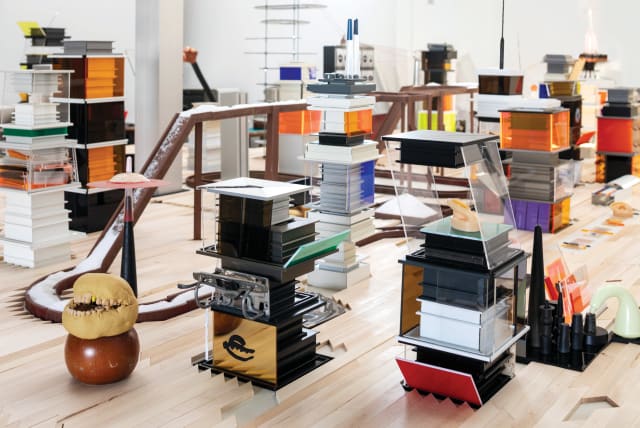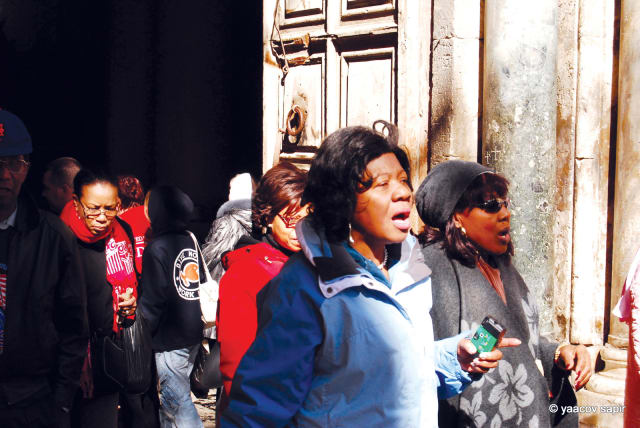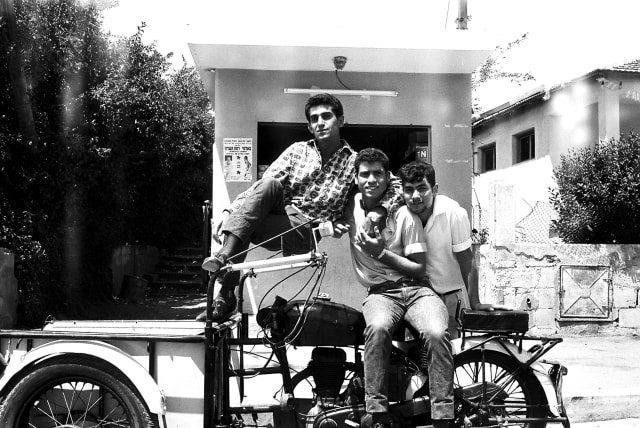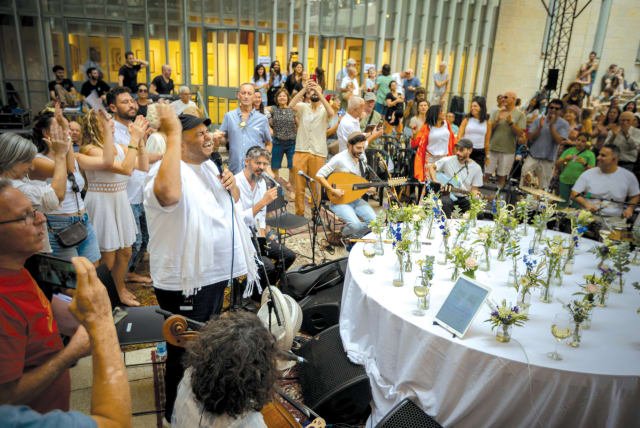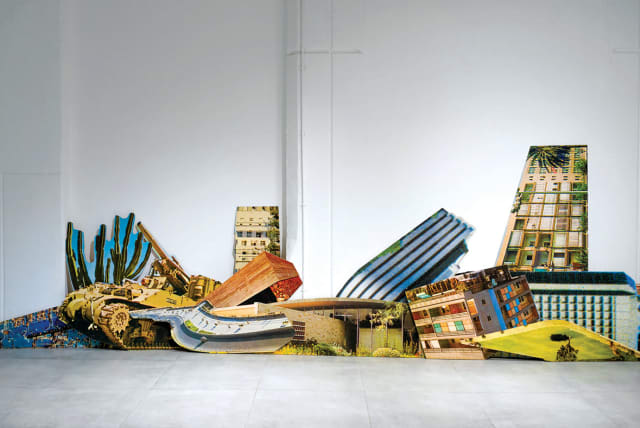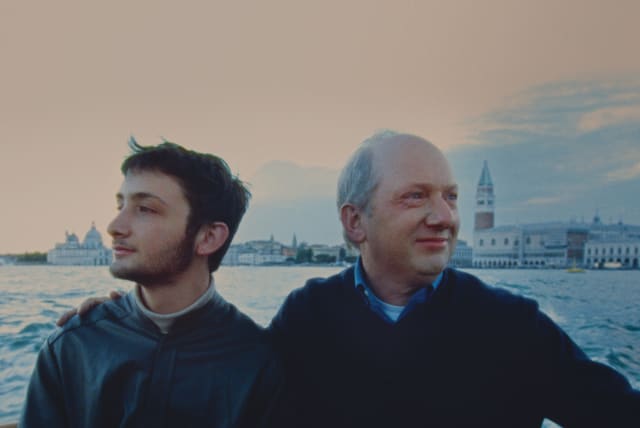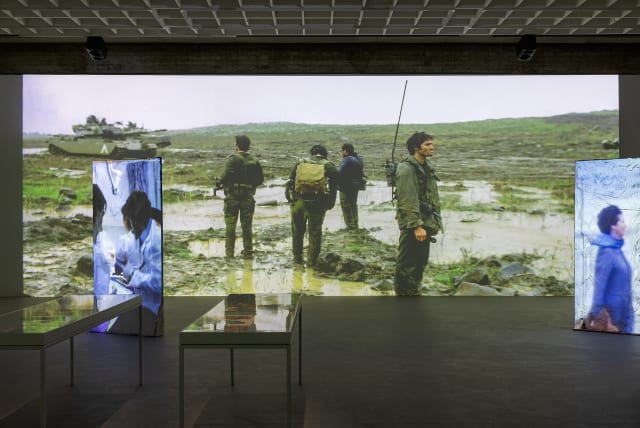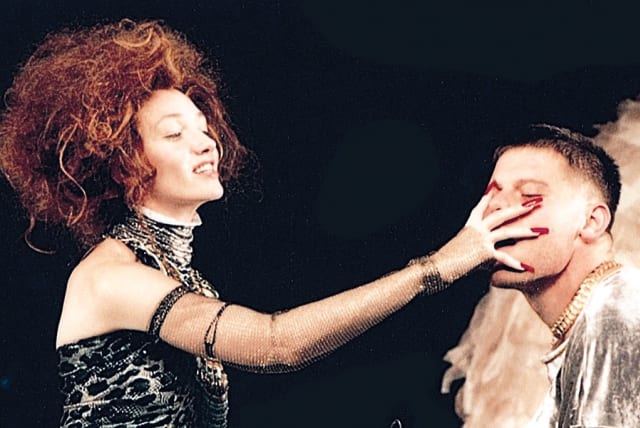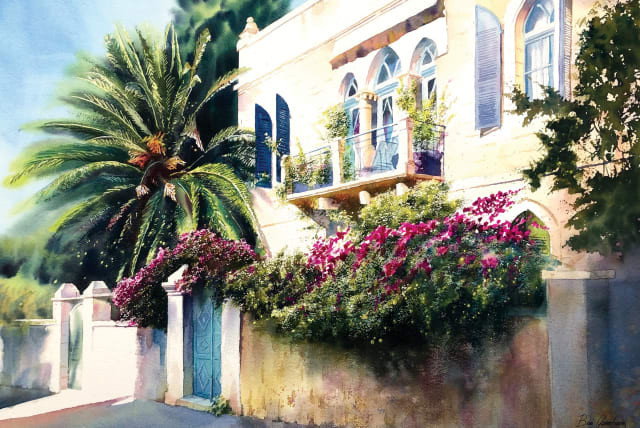Many moons ago, as a far less experienced professional music sector interlocutor, I had a lazy habit of getting bogged down in styles and genres. On more than one occasion, I was sagely advised that “music is just music,” and that I should leave the categorization delineations to the marketing folk.
Moshe Zorman embraces so many styles and genres that, in any case, he would defy any attempt to nail him down to a particular area of sonic artistic expression. For the past half century or so, the evergreen 71-year-old composer, arranger and pianist – to mention just a few of his daytime job pursuits – has engaged in all manner of musical projects – writing operas, symphonies, concertos, choral works for adults and children, chamber music, avant-garde scores, music for ballet and piano solo works. Add to that artistic directing and arrangements of pop numbers, including Eurovision Song Contest entries, and you have yourself one well-rounded expansive musical ethos.
All that, and more, informs his latest composition, Eastern Wind, which will have its world premiere at this year’s Ein Kerem Festival, due to take place in the titular picturesque neighborhood of Jerusalem May 25-27. The work features in the Choral Song concert on May 26 at 8:30 p.m.
What is Eastern Wind, the composition premiering at Jerusalem's Ein Kerem Festival?
Zorman is understandably delighted to take a bow with Eastern Wind in Ein Kerem.
“This project of Chen’s is so special and extraordinary, that it is really worthy of consideration,” he notes, referencing the Ein Kerem Festival and, in particular, its spiritual parent, the Music Factory program. The Chen in question is world-renowned percussionist and conductor Chen Zimbalista, who initiated the festival in 2021.
He is also the brains, talent, drive and beating heart behind Music Factory, which, says the venture’s website, “was born of Zimbalista’s reverence for Arab and Jewish children with great musical talents from the more geographically isolated towns and cities of Israel.” Hence, the programmatic emphasis on multiculturalism.
That presented Zorman with a lip-smacking challenge. Even for someone with such eclectic tastes and diverse creative directions as Zorman, Eastern Wind proved to be a bit of a stretch.
“I had to invest some thought and energy in order to write something for this project,” he explains. “I don’t exactly live in the environment of fusing Eastern, or Arabic, music with Western music.”
Clearly, an accommodating approach was required for the job at hand.
“We decided from the beginning that the structural basis for the composition would be what they called in the Baroque era, concerto grosso,” says Zorman with a nod to the format in which a number of instrumentalists play off against an ensemble. “You have three or four soloists, with negotiating going on with a large body, the orchestra, which accompanies them.”
IN EASTERN WIND, the solo instruments cover broad sonic and cultural domains, featuring violin, clarinet, cello and canun. The latter represents the Eastern side of the musical tracks. That conjures up an intriguing scenario and a mix of sounds and textures one might not automatically lump together. I asked Zorman whether, for him, that was a natural fit.
“It depends what kind of music you write for them,” he chuckles. It is, he says, very much a matter of tailoring one’s musical coat to suit the fabric in question. “I had to select a special scale, and I had to choose all sorts of special musical patterns. The combination [of instruments] is excellent. The one thing that is out of the ordinary, which I of course had to learn, was the matter of the canun,” he notes, citing the Middle Eastern zither-like instrument which has become a staple of the ethnic scene in Israel over the past two or three decades in the nimble hands of such master practitioners as Elad Gabai and Victor Aida.
Zorman got as close to the Eastern source as possible in the company of the festival honcho. “Chen and I made a special trip to Abu Ghosh to listen to a number of girls who play canun.” We’re talking youngsters in the 12-14 age range, who are mostly used to playing less taxing material.
While Zorman was not looking to roll out an avant-garde or overly complicated chart for the Ein Kerem Festival commission, he wasn’t exactly going to dumb down, either.
“We chose one girl who we feel may be capable of handling the part,” Zorman added when we chatted a couple of weeks before the premiere.
And it’s not just the rigors of the instrumental role that make demands on the teenagers’ musicianship. “The canun is normally played solo or with another one or two instruments,” Zorman observes. “I have learned over the years that it is an entirely different story when you play in a large ensemble. On the one hand, you have to look at the other players, to make sure you are in step with them, but you also have to keep a close watch on the conductor and see when you have to start and stop playing.”
That’s quite a task to take on, even without the peripheral stuff. “The canun player is about 12 or 13, so, of course, we had to get the family’s permission for her to play in the concert and to take her to rehearsals in Tel Aviv and so on. It isn’t just a musical project; there are social and sociological aspects to be taken into account, too.”
I presumed, given the title of the new composition, that the canun is to have a starring role. I was a little way off the mark there.
“It is not so much about the canun. It is part of the sound of the work,” Zorman advises. “What makes it Eastern wind is more the choice of motifs and scales. You can’t include the European major and minor scales you are used to writing. You have to choose a scale that works well with Eastern music.”
ZORMAN MAY have grown up in 1950s Holon with Holocaust survivor parents and, betwixt the contemporary Israeli fare of the day, made his initial musical steps in Western classical music. But over the past five decades, he has paid his dues in other spheres.
“I am experienced enough to choose the right scale for this kind of undertaking. The work is based on an Eastern mode. That is what gives it the wind (or spirit) from the East.” There’s more, both for the listener and the musicians. “The Eastern aspects also include the special emphases and tempi I incorporated. That is a challenge for the players, to handle the asymmetrical elements. It is isn’t ¾ time or 4/4 time. It’s not a waltz or a march. It is around the seven- or nine-beat mark – tempi that are a little complex. That makes the work more adventurous from a rhythmic point of view.”
Zorman certainly has the professional track record to handle the current project and the requisite training. The roll call of greats he was privileged to learn from during a five-year sojourn in the United States, where he completed a PhD, includes American envelope pusher John Cage.
“It was fascinating to study composition with him,” Zorman recalls.
The Israeli learned how to take more than just the sheet music in front of him into account. “One time, he asked me if I took note of the sound made by the fridge in the room. That’s a question only John Cage would ask,” Zorman laughs. “For him, it was important to relate to all the sounds in the vicinity and take all of that into his work.”
Therein lies a dilemma. After all, art must feed off life. Hence, if, for example, musicians perform works in cloistered, acoustically sanitized concert auditoria that offer onstage performers and audiences alike a clear sonic experience, does that necessarily detach the creation from its source? And if so, is that unavoidably to the detriment of the artistic end product?
“In Western society, all these years, we have disconnected from all that,” Zorman posits. “The Western composer sits in a place that shuts out all external noise and waits for the muses to come to him, and the beautiful melodies will emerge. It was special to be with Cage.”
Jewish American composer George Perle, who tended toward the atonal end of the melodic spectrum, also contributed to Zorman’s stateside training. “He was from the Austrian side of [Arnold] Schoenberg and Alban Berg and those people. So, I got something from different worlds. You basically need to get a taste of everything, and ultimately you decide what suits you.”
JUDGING BY his extensive oeuvre to date, which takes in over 150 works, Zorman has a multifarious musical palette. I wondered how, for example, writing arrangements of Eurovision numbers sits with creating children’s operas or writing chamber music scores.
“I worked as an arranger for a lot of pop musicians and all sorts of song festivals and that sort of thing,” he says. “I was an arranger in the army, too. I am a sort of middle-of-the-road guy. I live comfortably in all those worlds. I think it helps to have that sort of approach.”
Not for Zorman the high cultural ground. “There are snobs who might consider it demeaning, engaging in music that is not too exalted. But if you listen to your own music, you might suddenly hear something from [German-born Jewish American composer] Kurt Weil or [Russian-born Israel Prize-winning songwriter] Sasha Argov, and everything that is beautiful in this world.”
As far as Zorman is considered, it is very much a matter of going with your natural flow. In an interview he gave to musician, musical director and actress Abigail Arnheim a couple of years ago, he declared that “you don’t choose the music; the music chooses you.”
“The music you grow up with is a part of you, and it will always come out in some form or other,” he adds.
It is, he feels, about conveying thoughts and feelings with your music and ensuring the audience is still on board with you.
“At university there was a time when we fought against that, in the 1970s, when the atonal music approach was the dominant thing,” he recalls. “The belief was that if you didn’t follow that line, you were giving up on the revolution too easily. I think the revolution failed because you lost your ability to communicate with the audience. For me, it is important to communicate with the audience. If you have found a beautiful melody, I think that is more important than any music theory.”
In fact, Zorman took that in long before he became a student. The Beatles and other pop and rock artists were an important part of his early formative years, and he was particularly taken with a feted Leonard Bernstein soundtrack. “I remember the first time I heard The Beatles on the radio. That was an amazing moment for me. They had special rhythm and energy. And when I heard West Side Story, that was wonderful, with its Latin rhythms and that multicultural element.”
The latter is exactly what the audience at the Church of Saint John the Baptist will get in Ein Kerem on Friday, along with works by Bach, Grieg, Welsh composer Karl Jenkins, Puccini and Vivaldi, with some jazz thrown in for good measure. ❖
For more information and tickets: *6226 and bit.ly/3rTpFv9


